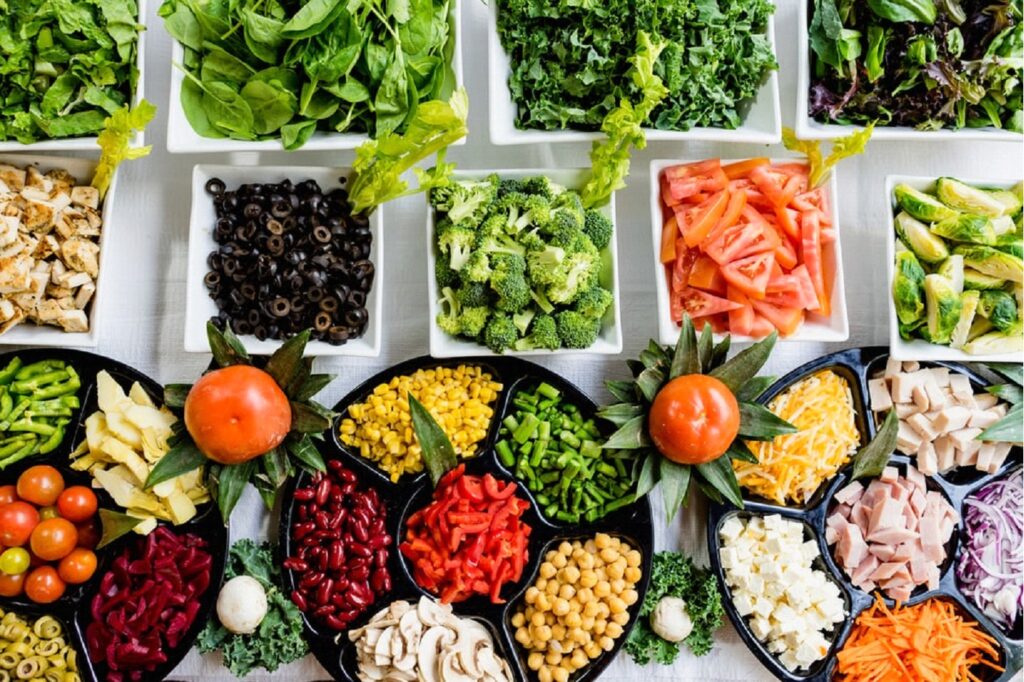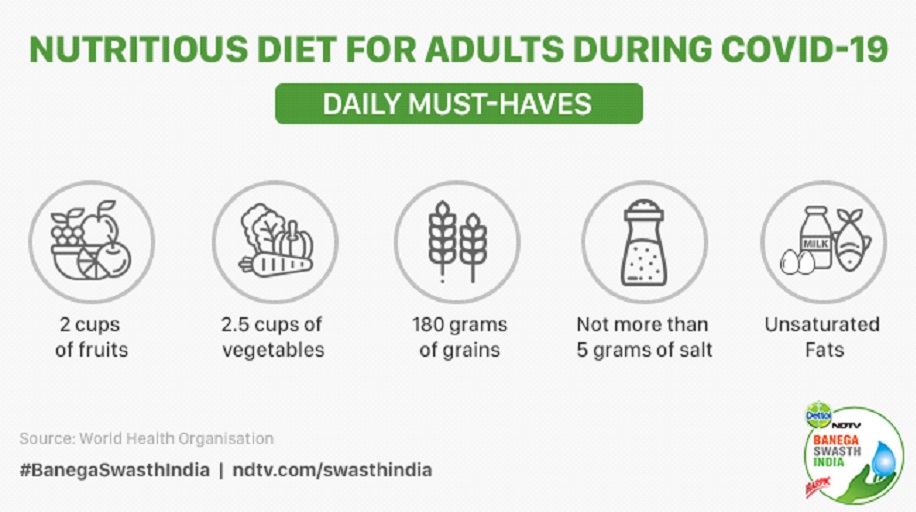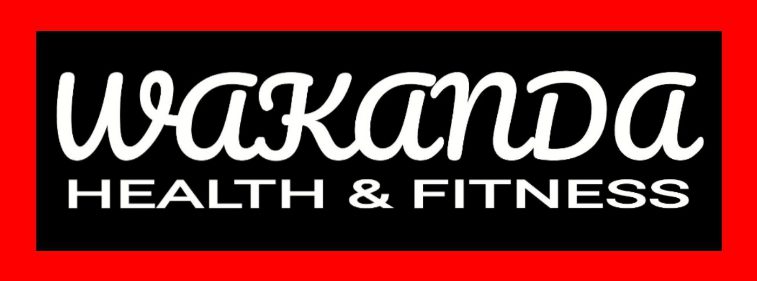Nutrition advise for adults during the COVID-19 outbreak
By Uduak Effiong
Properly maintaining hydration and nutrition is crucial. Individuals who consume a well-balanced diet have healthier and stronger immune systems and are at a decreased risk of infectious diseases and chronic illnesses. Therefore, you should consume fresh and unprocessed meals daily to ensure that your body receives essential minerals, vitamins, proteins, dietary fiber, and antioxidants. Additionally, drink an adequate amount of water. Avoid processed foods, sugar, salt, and fats to dramatically reduce your chances of being overweight, obese, developing heart disease, having a stroke, developing diabetes, or other sorts of cancer.
The WHO has developed dietary guidelines for adults during the COVID-19 outbreak to help them develop good eating habits that can aid in strengthening their immunity.
Foods
Consume unprocessed and fresh foods like veggies, fruits, legumes (fox example beans, lentils,), nuts, and roots (for example, cassava, taro, potato, yam) and whole grains (for example, oats, millet, brown rice, wheat and unprocessed maize, and as well as foods from animal sources (for instance milk, eggs, fish and meat). These foods should be consumed on daily basis.
WHO recommends “Daily, eat: 2 cups of fruit (4 servings), 2.5 cups of vegetables (5 servings), 180 g of grains, and 160 g of meat and beans (red meat can be eaten 1−2 times per week, and poultry 2−3 times per week)”

Water
You should drink 8-10 glasses of water daily because water delivers compounds and as well as nutrients through the bloodstream, eliminate waste, regulates body temperature, cushions, and lubricates joints.
While water is a great option, you can also consume other beverages, vegetables, and fruits that are high in water, like lemon juice (diluted in water without sugar), tea, and coffee. However, avoid drinking excessive caffeine, syrups, fizzy, and fruit juices as they all contain sugar.

Fats and oils
Consume adequate amounts of oils and fats and avoid trans fats generated industrially. Fats and oils are frequently found in fast foods, processed foods, snack foods, frozen pizza, fried foods, cookies, and pies, as well as spreads and margarine.

Salt and sugar
While cooking, limit the use of salt. Consume no more than 5 g (about 1 teaspoon) of salt per day, and use iodized salt. Likewise, minimize your sugar intake and go for fresh fruits over cookies, chocolates, and sweets.
Additionally, while purchasing canned or dried veggies or fruits, look for varieties that are salt and sugar-free

Avoid eating in restaurants and cafes
Avoid eating out and instead eat at home to minimize interaction with other people and to decrease the risk of contracting COVID-19. As we know social distancing cannot be maintained in crowded social settings such as cafes and restaurants. Research shows that droplets from sick individuals may drop on people’s hands and furniture surfaces. Also, with so many people coming to the restaurants and leaving, it’s impossible to tell whether people are washing their hands frequently enough or if surfaces are being sanitized and disinfected quickly. Therefore, it is better that you should avoid going to restaurants during this pandemic

WHO RECOMMENDED DAILY DIET PLAN

